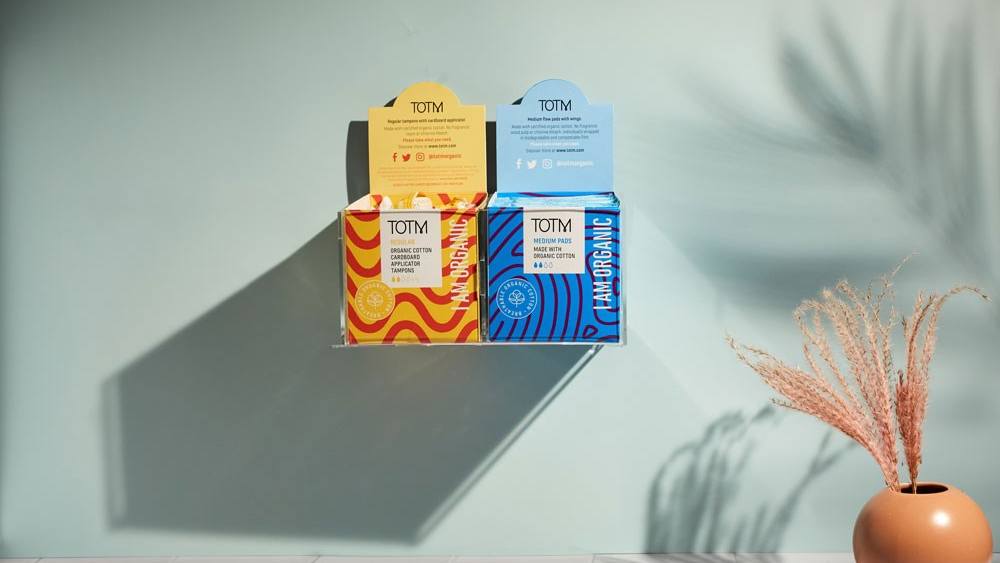- Train company provided 240 free sanitary products to customers since August
- Customers can ask staff for them or use the phrase ‘Package for Sandy’ at the supervisor’s office to be given a pack discreetly
- Sanitary products are all carbon-neutral and designed to reduce plastic waste
East Midlands Railway (EMR) has handed out more than 240 free sanitary products since it launched its period dignity scheme.
The scheme, which is available at stations in Derby, Sheffield, Nottingham, Leicester, Lincoln, and Kettering, is aimed at supporting customers who may not have access to the products they need, particularly out-of-hours when retailers may be closed.
Since its launch in August, hundreds of customers have received the free products, either by asking station staff for them directly or by using the code phrases ‘Package for Sandy’ or ‘Ask for Sandy’ at the supervisor’s office, where they can be given a pack discreetly.
EMR is working with TOTM – an award winning period care brand and provider of sustainable menstural products. The products handed out to customers are made with certified organic cotton. Unlike conventional cotton, organic cotton is grown without toxic, synthetic pesticides and uses sustainable farming methods.
To reduce plastic, TOTM also uses biodegradable cardboard applicators, in place of plastic or plant-based versions, which can take 500 years to decompose, the same time as conventional carrier bags.
The idea to hand out the free sanitary products was put forward by EMR’s Women’s Employee Network, which is a staff group that works to improve experiences for women as they travel by train.
The group also recently launched a project to donate 100 period products to local food banks and a similar scheme to provide free sanitary products to EMR staff.
Charlotte Bishop is an Internal Communications Business Partner at EMR and is also the lead of the company’s Women’s Employee Network.
She said: “We are delighted that since the launch of the period dignity scheme it has been accessed by so many people.
“While periods are part of everyday life, some people can feel stigmatised by their effects or by the subject. Small gestures like this can make a big difference in people’s wellbeing and comfort.”
